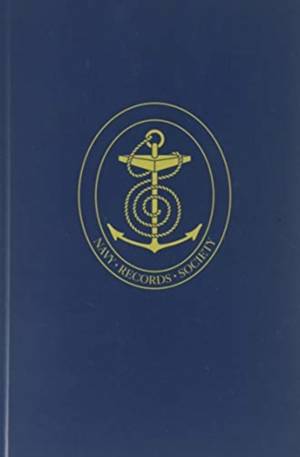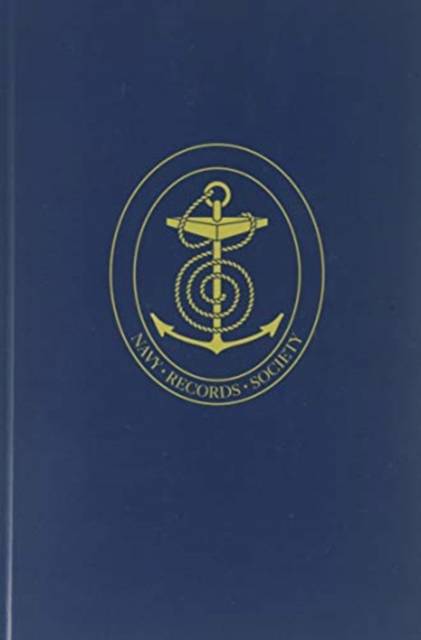
- Retrait gratuit dans votre magasin Club
- 7.000.000 titres dans notre catalogue
- Payer en toute sécurité
- Toujours un magasin près de chez vous
- Retrait gratuit dans votre magasin Club
- 7.000.000 titres dans notre catalogue
- Payer en toute sécurité
- Toujours un magasin près de chez vous
Description
Roger John Brownlow Keyes, first Baron Keyes (1872-1945). Keyes was a controversial man during his lifetime and has remained so ever since.
His correspondence and papers is a vast collection held at Churchill College, Cambridge, and these volumes are just a selection of them. There has been renewed interest in the period since the publication of Professor Ranft's The Beatty Papers (NRS Vols 128 & 132) in 1989 and 1993, and Professor Halpern followed these volumes with his Naval History of World War I in 1994.
A full grasp of the participants and the controversies in Keyes's early naval career (up to 1930) can only be obtained by starting with the 2 volumes of The Jellicoe Papers (NRS Vols 108 & 111) and Beatty Papers. Other relevant NRS volumes are The Cunningham Papers Vols I & II (NRS Vols 140 & 150) and the Somerville Papers (NRS Vol 134).
Volume II, 1919-1939, starts with Keyes being offered the plum posting of command of the Battle Cruisers, which might have been tailor-made for him and was created a Baronet. The correspondence in this volume include much with other naval officers in other campaigns such as the Baltic.
In 1921 he was Deputy Chief of Naval Staff to Beatty, the new First Sea Lord and a member of the Board of Admiralty for the first time. For 4 years he was involved with almost every major decision taken, and the papers reflect this. He was also deeply involved in the relationship between the Royal Navy and the Royal Air Force, in which he was to be bitterly disappointed.
Keyes took over command of the Mediterranean Fleet in June 1925. The final episode in Keyes's term in the Mediterranean concerns the (in)famous Royal Oak incident, which did not reflect well on Keyes and his handling of his fleet, nor too did his apparent obsession with polo, which fills the letters and papers. He retired having been disappointed not to succeed as First Sea Lord and he began to write his memoirs.
Elected as the MP for Portsmouth North in February 1934 he again became involved in the debate over the Fleet Air Arm and the relationship between the Royal Navy and the Royal Air Force and worked hard on the Royal Navy's behalf in House of Commons debates and this eventually resulted in the Royal Navy reclaiming control of the Fleet Air Arm in 1937.
Spécifications
Parties prenantes
- Auteur(s) :
- Editeur:
Contenu
- Nombre de pages :
- 492
- Langue:
- Anglais
- Collection :
- Tome:
- n° 117
Caractéristiques
- EAN:
- 9780049421653
- Date de parution :
- 25-04-19
- Format:
- Livre relié
- Format numérique:
- Genaaid
- Dimensions :
- 152 mm x 229 mm
- Poids :
- 770 g







